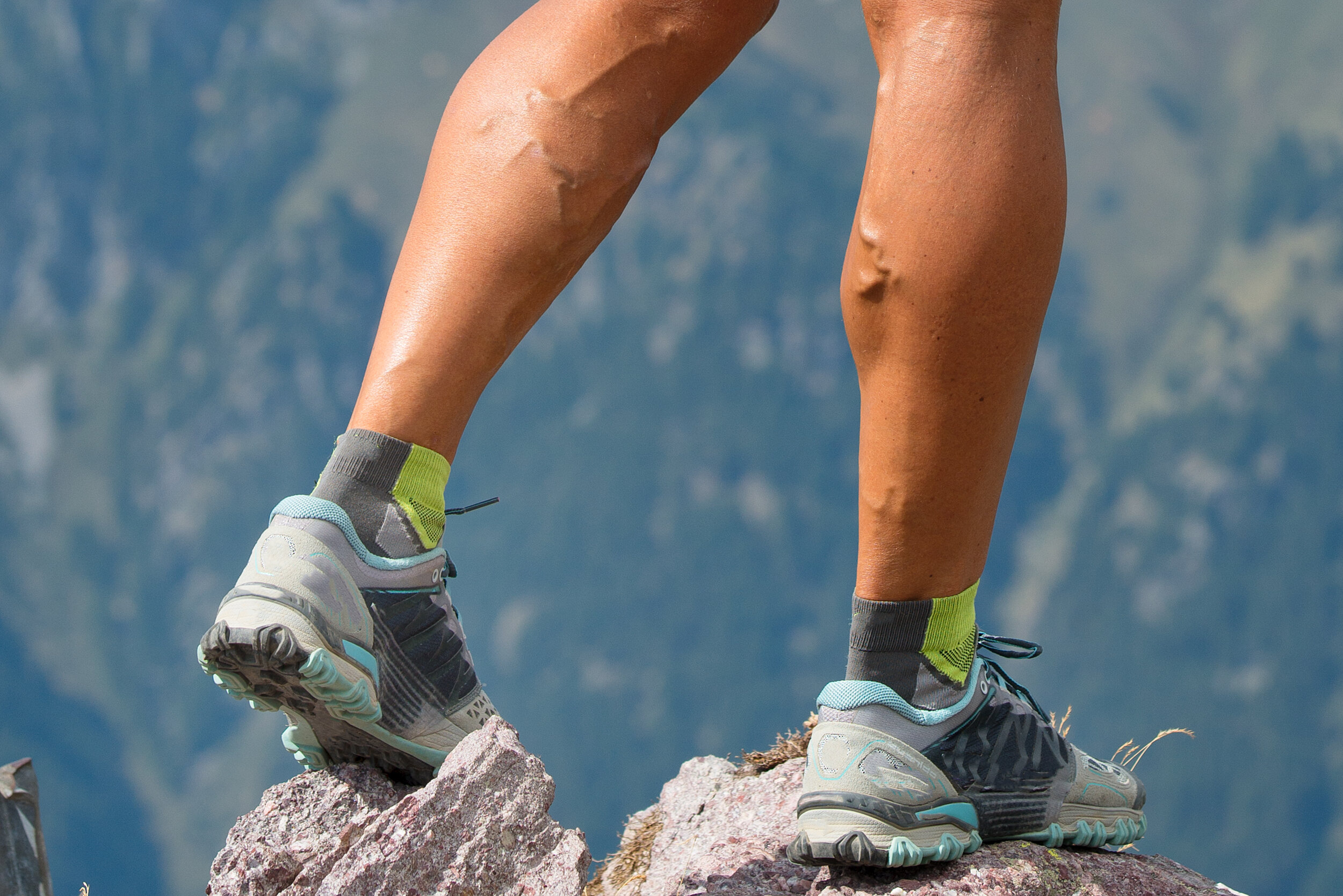Should You Stop Exercising If You Have Varicose Veins?
There’s no denying that exercise is good for your physical and mental health, but what if you have varicose veins? Should you continue to exercise or alter your exercise routines?
In this article, our team of experienced providers answers these questions and sheds light on the varicose vein treatment options available here at Vein Institute.
Does Exercise Make Varicose Veins Better or Worse?
Exercise is good for your vascular health, but some exercises (e.g., high-impact exercises like running or HIIT-style workouts) can place a lot of pressure on your legs. Varicose veins can cause fatigue in your legs, aches, cramps, and a sensation of heaviness, and some exercises can put even more pressure on your veins. Weight lifting, especially if you’re lifting heavy weights and holding your breath, can put a lot of strain on your abdomen and the veins in your legs. Weight lifting doesn’t cause varicose veins, but if you’re lifting too much, not using the right form, or not breathing properly, you may be doing more harm than good.
That being said, we always encourage patients to continue exercise because the benefits far outweigh the risks. If you already have varicose veins, exercise provides several vein-healthy benefits including:
Strengthened calf muscles (which helps your veins carry blood back to your heart)
Improved circulation (and general support for your cardiovascular system)
Reduced risk of developing additional varicose veins
Improved tone in your muscles
In addition, exercise can help you maintain a healthy weight. According to research, carrying excess weight can exacerbate vein issues, increase foot vein pressure, and reduce venous function. Because exercise can help you maintain a healthy weight (or lose weight if needed), exercise can help you avoid the complications of obesity-related vein issues. Exercise can also boost your mood, reduce your perception of pain, and help you sleep better at night.
Tips for Adjusting Your Exercise Routine
While exercise is undoubtedly good for your body, all of that pounding on the pavement can still leave your legs feeling less-than-stellar. The good news is that you don’t need to quit running or logging into your favorite online HIIT class. You can make a few small changes to your exercise routine to keep your veins healthy.
Love to run? Wearing compression stockings while running can help promote good circulation while running.
Instead of running on hard surfaces, opt to run on softer surfaces like dirt, grass, or a running track.
Always warm up and stretch before any workout.
Wear well-fitting, supportive shoes designed for the type of workout you are doing. Cushions in athletic shoes help to absorb some of the shock from hitting the pavement.
Alternate high-impact exercise with low-impact exercises like swimming, yoga, or cycling.
Exercises don’t have to be arduous in order to benefit your veins. Simple exercises like ankle rotations and calf raises can be done easily throughout the day. If you work at a desk, these exercises are even more important as they help prevent blood from pooling.
No matter which type of exercise you enjoy, it’s important to allow your legs to rest after a workout. Never skip your cool down. Your cool down is an important part of your workout as it allows your heart rate to come back down. After a long run, you may consider propping your legs up to further encourage blood to flow back up toward your heart.
Starting a New Workout Routine?
Whether you’re interested in training for a 5K or want to try out a new online dance workout, don’t hesitate to reach out to us before embarking on a new exercise regimen. We can suggest the right compression stockings with you and, if necessary, explore varicose vein treatments. We offer non-surgical varicose vein treatments including radiofrequency ablation and VenaSeal™.
Don’t let the discomfort of varicose veins keep you from an active lifestyle. Call any of our four locations 一 Fairfield, Newtown, or Shelton 一 and request an appointment today. Alternatively, try our online booking tool.




